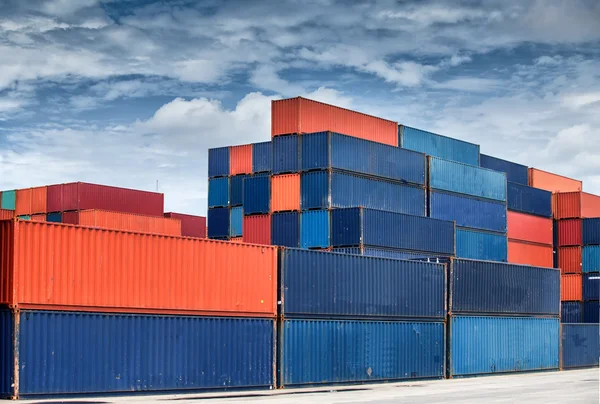Introduction
In the dynamic landscape of international trade, adhering to security standards is paramount for both the government and businesses involved. The Customs-Trade Partnership Against Terrorism (C-TPAT) is a crucial program facilitated by the U.S. Customs and Border Protection (CBP) to enhance the overall security of the supply chain. Companies striving to meet C-TPAT requirements can benefit significantly from the comprehensive resources and support offered by CBP.
1. Guidance and Training Programs:
CBP provides extensive guidance and training programs designed to educate companies about C-TPAT requirements. These resources empower businesses to understand the intricacies of the program, ensuring that they can implement effective security measures throughout their supply chain.
2. Online Tools and Resources:
To facilitate a seamless compliance process, CBP offers a range of online tools and resources. These include access to the C-TPAT portal, where companies can find essential documentation, checklists, and guidelines. This centralized platform simplifies the submission of required information and enhances communication between CBP and participating entities.
3. Collaborative Workshops and Seminars:
CBP regularly conducts workshops and seminars aimed at fostering collaboration between government agencies and the private sector. These events serve as platforms for companies to engage with CBP officials, industry experts, and peers, gaining valuable insights into best practices for meeting and exceeding C-TPAT requirements.
4. Technical Assistance and Consultations:
Recognizing that each business is unique, CBP offers technical assistance and consultations to help companies tailor their security measures to specific industry needs. This personalized support ensures that businesses can implement measures that are not only compliant but also aligned with their operational requirements.
5. Risk Assessment and Mitigation Strategies:
CBP assists companies in conducting risk assessments within their supply chains. By identifying vulnerabilities and potential threats, businesses can develop robust mitigation strategies. CBP’s expertise in risk management plays a pivotal role in strengthening the overall security posture of participating companies.
6. Regular Updates and Communication:
Staying informed about evolving security threats is crucial for maintaining compliance. CBP keeps participating companies informed through regular updates, alerts, and communication channels. This proactive approach enables businesses to adapt their security measures in response to emerging challenges.
7. Recognition and Certification Support:
CBP recognizes and certifies companies that demonstrate a commitment to security excellence. The agency provides support throughout the certification process, guiding businesses on the necessary steps to achieve and maintain C-TPAT certification.
8. Customized Support for Small and Medium-Sized Enterprises (SMEs):
CBP acknowledges the unique challenges faced by SMEs and tailors its support accordingly. Specialized resources and assistance are available to help smaller businesses navigate the C-TPAT requirements without overwhelming them with unnecessary complexities.
Conclusion:
U.S. Customs and Border Protection plays a pivotal role in supporting companies on their journey to meet C-TPAT requirements. Through a combination of education, tools, collaboration, and personalized assistance, CBP ensures that businesses can enhance the security of their supply chains while contributing to the overall safety and resilience of the global trade ecosystem.








